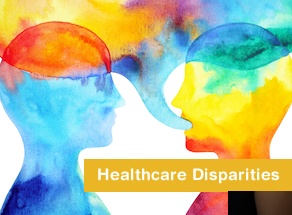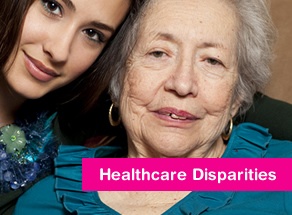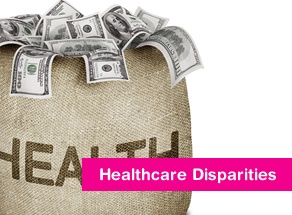Healthcare Policy
Black, Hispanic Kids Targeted by Ads for Soda and High-Calorie Foods
30/10/2015 12:00pm | 7951 viewsby MAGGIE FOX
Healthcare Policy
Feds: 4.2M Latinos Got Health Coverage, Saw Biggest Gains
28/10/2015 12:00pm | 7393 viewsThe share of adult Latinos without medical insurance dropped from 41.8 percent to about a third, the Health and Human Services Department announced Monday. This makes Hispanics the group with the largest gains in insurance.
That means 4.2 million previously uninsured Latinos have some kind of coverage since healthcare enrollment began in 2013, possibly including coverage through federal and state-funded Medicaid. The number also includes young people able to stay on their parents' insurance until age 26, which began earlier.
Healthcare Policy
Health Care in the Shadows of Immigration Policy
27/10/2015 11:53am | 7752 viewsby Gabriel R. Sanchez, Francisco I. Pedraza and Edward D. Vargas, Latino Decisions, Leader in Latino political opinion research
Nutrition
Profiles of Latino Health 2015: A Closer Look at Latino Child Nutrition
07/10/2015 05:00pm | 8232 viewsChildhood hunger and obesity, often two sides of the same coin, continue to challenge the health and overall well-being of American children.
Healthcare Policy
Visiting Doctor from Mexico Shares Efforts in Treating Elderly Cancer Patients – and Lessons Learned at City of Hope
07/10/2015 12:00pm | 10309 viewsAs a geriatric oncologist in Mexico, I’m eager to develop our first geriatric oncology program. The need for such a program has never been greater, as life expectancy in Mexico has been increasing, especially over the last decade. Life expectancy for women has risen to 77 years, and for men to 74 years. And as with any aging population, this means a concurrent increase in the cases of cancer seen in the elderly.




